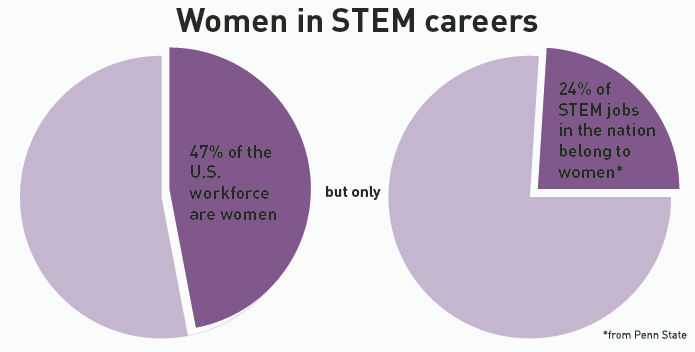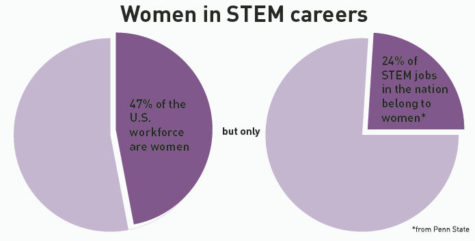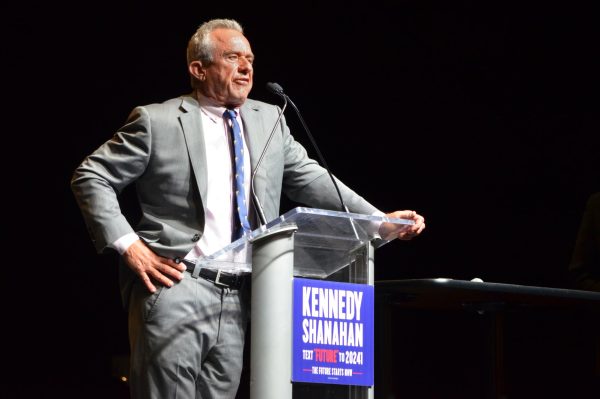Democrats, Republicans struggle to compromise on state budget
April 27, 2011
Democrats and Republicans of the Iowa Legislature are having difficulty compromising on a state budget for next year, but they agree on one thing: Finding a solution will take longer than expected.
Friday marked the 110th day of Iowa’s 2011 legislative session, meaning lawmakers will no longer receive compensation, but they can’t head home until they come up with a budget that will satisfy both parties and win the approval of Gov. Terry Branstad. Tim Albrecht, spokesman for Branstad, said it will take compromise from both sides to end the budget debate.
“Republicans just took over the house this year and have an overwhelming margin, and the Democrats still control the Senate by a slight margin, and of course a Republican controls the governor’s office,” Albrecht said. “But that just means all sides, all parties need to come together and find a workable solution.”
It will take a lot of negotiation before a feasible spending plan can be created and each side has asked for something different.
The first cause of controversy that needs to be decided upon is the overall size of the budget. Branstad has asked for a $6.1 billion budget, but Republican legislators are wanting to spend less.
Rep. Lisa Heddens, D-Ames, is a member of the Appropriations Committee and said that Democrats would like to see more money for critical services.
“We’re looking at just the overall funding of critical services such as education funding,” Heddens said. “We also want to make sure that we are funding our critical services for health and human services.”
Heddens is a ranking member of the Health and Human Services Appropriations Subcommittee and she said one example of funding they would like to see is a reform of Iowa’s mental health and development system.
“We are looking at redesigning our whole mental health and developmental disabilities system,” Heddens said. “We’re just going to need an infusement of new money to sustain and expand that particular system.”
Several other committees are also hoping that their projects and financial needs will be recognized, but in order to create a sustainable spending plan some of them will receive decreased funding or be cut all together.
“There is a significant amount of tax relief type of measures which then take the money out of the general fund to maintain some of these critical services,” Heddens said. “It’s really trying to figure out how all of that fits into the equation.”
Both Republicans and Democrats have said that creating next year’s state budget will take more time, but Albrecht expects that they will be able to reach compromise soon.
“Sessions run long quite often,” Albrecht said. “This year will be no exception, but I do believe there will be some sort of resolution in the very near future.”















